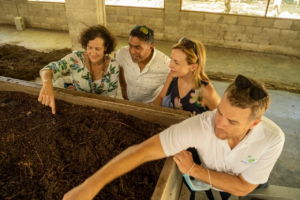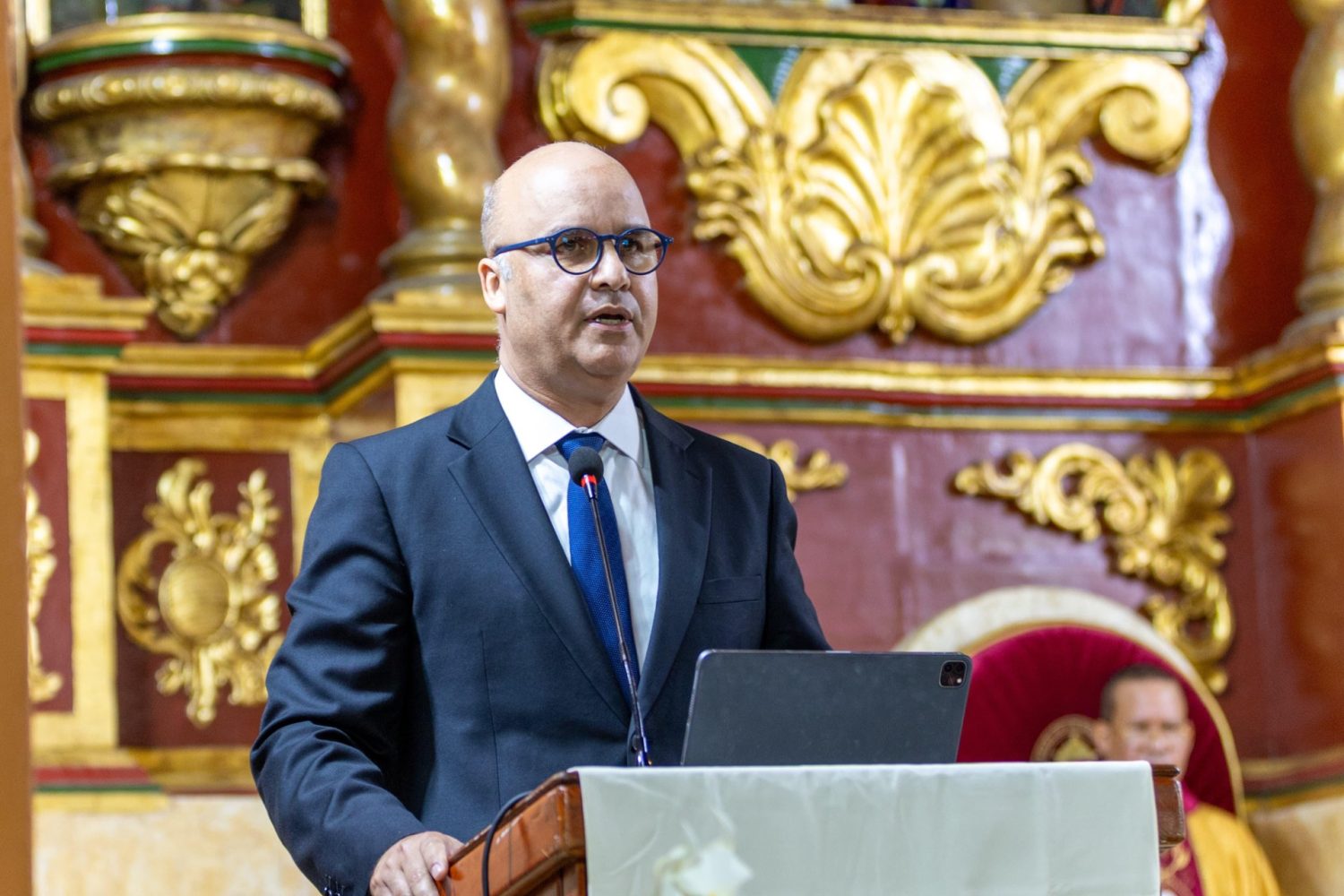Iberostar reduces the use of plastic in its hotels in the Dominican Republic by 60%

Iberostar Hotels & Resorts set itself the goal of eliminating the use of single-use plastic in its facilities by 2020.
This was explained by Luz Lantigua, Iberostar Sustainability Manager in the Dominican Republic, who also said that in the country, where the chain has seven hotels, they started first by eliminating the waste that came out of the rooms and were extending the system to all activities, trying to bring the least amount of waste to the landfill.
She stated that through the Tres R program, a waste management team seeks a purpose for glass and cardboard, even cooking oil to make biodiesel fuel.
«The amount of garbage that goes to the landfill is very minimal, only general garbage would go. Even the organic goes to a pig farm, which is used as food, and we also compost. The covers we used were transparent covers, and they were replaced by cornstarch covers that degrade easier, “she added.
In addition, she indicated that “the containers that come out now (made of plastic) are only from the kitchen and not from the bedrooms, which was a considerable amount of waste that was generated. I can tell you that it has saved around 60% of the plastic that was consumed before ».
In this sense, the president of the Association of Hotels and Tourism Projects of the East (Asoleste), Ernesto Veloz, indicated that the trend has spread to practically all hotel chains that have a presence in Punta Cana, which have already started or are They are in the process of replacing the use of plastic in their operations. And he mentions the Meliá Hotels Internacional chain as a second example.
«We want to be sustainable and sustainable over time, respecting the environment. That is the purpose because what we sell is that, that beauty you see is not maintained if you start throwing plastic wherever you want, “he said, according to Acento.
He added that implementing plastic replacement models is more expensive, because it involves other investments, such as deep sanitizing of glass bottles to serve water.
«To give you quality water, and that you trust what I am serving you, all of this carries a tremendous cost … That forces us to have an optimal level of quality in the service, which is more expensive. It is more expensive, but it is more sustainable and sustainable over time, which is the important thing, “he emphasized.








